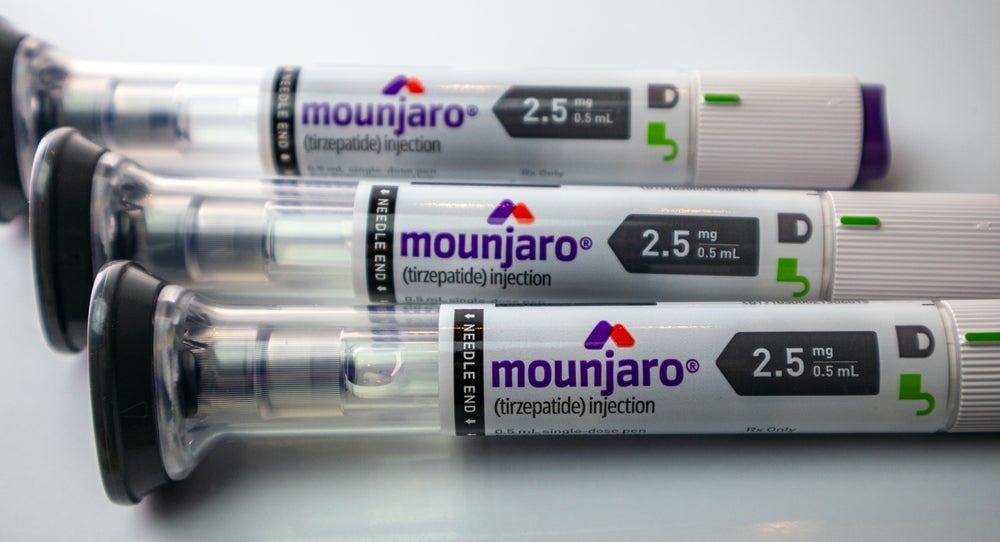Rare Childhood Metabolic Crises Explained by Fat Transport Deficiency
Researchers at the Centre for Genomic Regulation (CRG) in Barcelona have made a groundbreaking discovery regarding a protein linked to TANGO2 Deficiency Disorder (TDD), a severe condition affecting children’s metabolic health. The study, published in the Journal of Cell Biology, provides critical insights into how cells manage energy demands during metabolic crises, paving the way […]


Researchers at the Centre for Genomic Regulation (CRG) in Barcelona have made a groundbreaking discovery regarding a protein linked to TANGO2 Deficiency Disorder (TDD), a severe condition affecting children’s metabolic health. The study, published in the Journal of Cell Biology, provides critical insights into how cells manage energy demands during metabolic crises, paving the way for potential new treatment avenues. TDD is a rare genetic disorder caused by mutations in the TANGO2 gene, and experts estimate there are between 6,000 and 9,000 undiagnosed cases globally, highlighting the urgent need for improved diagnostics and therapeutic strategies.
Historically, the TANGO gene family, discovered by scientists in 2006, has been a focus of research due to its role in cellular metabolism. Among these genes, TANGO2 has emerged as a significant player in energy production, particularly in high-demand situations such as during periods of exertion or illness. It’s essential to understand that the human body primarily relies on carbohydrates for energy under normal conditions. However, during crises, particularly metabolic ones, the body shifts to metabolizing lipids for energy—a process crucial for maintaining the function of critical organs, such as the heart.
Children diagnosed with TDD experience life-threatening metabolic crises marked by a dramatic decrease in blood sugar levels, muscle breakdown, and severe cardiac irregularities. These episodes often arise from strenuous activities, infections, or even situations as mundane as skipping a meal. Families of children with TDD often find themselves in precarious positions with limited knowledge of the disorder, leading to potentially devastating consequences when emergencies arise. Intensive interventions, such as administering glucose via intravenous (IV) methods, are frequently the only recourse available when crises occur.
The research team, led by ICREA Research Professor Vivek Malhotra, has delved deep into the molecular functionalities of TANGO2 over the past decade. Their recent findings reveal that TANGO2 is localized in the mitochondria—often referred to as the cell’s powerhouse—indicating its critical role in energy metabolism. This discovery was key in understanding why disruptions in TANGO2 function lead to significant cellular consequences. The researchers noted that TANGO2-deficient cells show an alarming accumulation of fat droplets and an increase in reactive oxygen species, suggesting that these cells cannot properly utilize lipids, which are essential for energy production.
In their recent article, the researchers describe how TANGO2 binds to acyl-CoA, a vital fat molecule. This binding process suggests that TANGO2 acts as a shuttle, transporting acyl-CoA within the cells, thus facilitating lipid metabolism. The innovative approach taken by the scientists to track TANGO2’s movement involved tagging the protein with fluorescent markers, allowing for the real-time observation of its dynamics in living cells. Such methodologies not only elucidate the roles of proteins in cellular energy processes but also bring to light the intricate workings of cellular metabolism under varying physiological conditions.
Understanding the mechanics of lipid metabolism in TDD patients has substantial implications. Dr. Agustin Lujan, the first author of the study, emphasized that TANGO2’s facilitation of lipid utilization is crucial for preventing energy starvation in affected children. The inability of TANGO2-deficient cells to efficiently process necessary lipid forms profoundly impacts energy availability, underscoring the metabolic vulnerability of individuals with TDD. This research paves the way for identifying new therapeutic interventions tailored to these unique cellular mechanisms.
Currently, one of the limited treatment options for patients with TDD involves administering high doses of Vitamin B5, which is integral for synthesizing Coenzyme A, a vital molecule in lipid metabolism. While some patients appear to benefit from Vitamin B5 supplements, the exact mechanisms behind this effect remain unclear. It is hypothesized that the vitamin may augment residual energy pathways that are otherwise compromised in TANGO2 deficiency, but further research is essential to confirm these findings and optimize treatment strategies.
The ramifications of these findings extend beyond TDD and may have broader applications for understanding metabolic disorders more generally. Dr. Malhotra articulated that the insights from TANGO2 research could illuminate the underlying biochemical pathways relevant in prevalent conditions associated with fat metabolism irregularities, such as heart diseases and obesity. By dissecting the unique biology of TDD, researchers may unveil foundational principles that apply across various metabolic disorders affecting millions of individuals.
As the research team, including Dr. Lujan and co-author Ombretta Foresti, continues to probe the functions of TANGO2, their objectives include clarifying how TANGO2 engages with acyl-CoA and determining whether it interacts with other mitochondrial enzymes during energy-demanding times. This work is not merely academic; it holds the potential for developing targeted therapies that could lead to improved patient outcomes and quality of life for families dealing with TDD.
Strikingly, this research couldn’t have been conducted without the valuable collaboration between scientists, medical professionals, and patient advocacy groups like the TANGO2 Research Foundation. By pooling resources and patient data, this collaborative effort ensures that research is grounded in real-world experiences and needs, ultimately enhancing translational science.
For families with children affected by TDD, each increment of progress in understanding this disorder is a source of hope. Parents like Mike Morris and Kasha Morris, founders of the TANGO2 Research Foundation, affirm the importance of scientific research in aiding families navigating the complexities of this condition. They express gratitude towards the ongoing efforts of the scientific community for their relentless pursuit of knowledge and improvement of care strategies, framing every new finding as a step closer to understanding and potentially mitigating the challenges posed by TDD.
In summary, researchers are continuing to chip away at the mystery of TANGO2 deficiency, with each study shedding new light on this potentially life-threatening condition. By unraveling the molecular underpinnings of TANGO2, experts hope to foster improved diagnostic measures and develop innovative treatment regimens that can significantly impact patient management. This research not only has the power to alter the course of TDD but may also contribute to a more profound comprehension of metabolic disorders at large.
Subject of Research: TANGO2 Deficiency Disorder (TDD)
Article Title: Researchers Uncover Critical Insights into TANGO2 Deficiency Disorder, Offering Hope for New Treatments
News Publication Date: [To be determined based on publishing schedule]
Web References: [To be determined based on publishing links]
References: [To be determined based on research citations]
Image Credits: Credit: Agustin Lujan/Centro de Regulación Genómica
Keywords: TANGO2, Deficiency Disorder, Metabolic Crisis, Energy Metabolism, Lipid Utilization, Coenzyme A, Vitamin B5, Cellular Energy, Mitochondria, Rare Disease, TANGO2 Research Foundation, Metabolic Disorders
Tags: childhood metabolic disordersCRG Barcelona research findingsdiagnostics for genetic metabolic disordersenergy production in high-demand situationsimportance of TANGO gene familylipid metabolism during illnessmetabolic crises in pediatric patientsprotein role in energy managementrare genetic disorders in childrenTANGO2 Deficiency Disordertherapeutic strategies for TDDunderstanding metabolic health in children
What's Your Reaction?


































